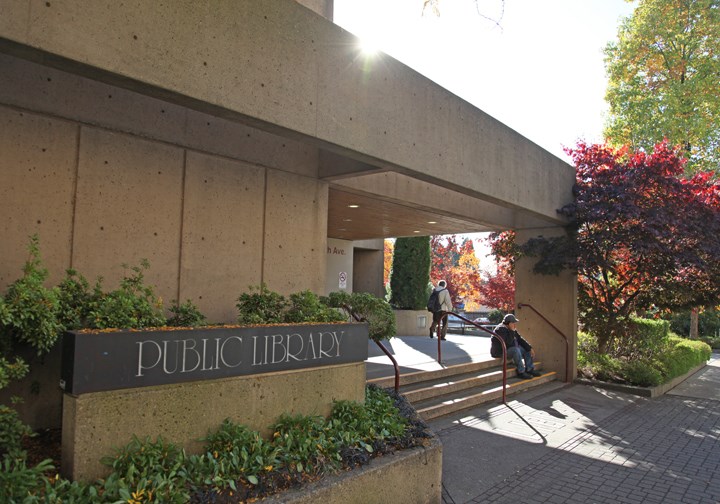As journalists sift through the Panama Papers, a massive leak of information from Mossack Fonseca (a law firm that helps clients set up shell companies), global wealth is once again in the news. Several current books are available for readers who want to dig further into the issues.
Quoted in many of the initial reports on the leak, Gabriel Zucman is a French economist who has co-authored papers with Thomas Piketty and pioneered the measurement of sheltered assets. The Hidden Wealth of Nations summarizes his research, explains how tax shelters operate and delves into a number of measures that affected countries could take to combat them.
Andrew Sayer’s Why We Can’t Afford the Rich is a popular title that has won The British Academy’s 2015 Peter Townsend prize for excellence in social policy and sociology. Sayer reverses the common focus on redistribution from the rich to the poor, asking instead what costs the rich impose on society through the use of tax shelters and other activities.
Wealth Secrets of the One Percent provides entertaining context for how tax shelters might be used by the extremely wealthy. Leaving it to the reader to decide if the book is practical advice or satire, business economist and consultant Sam Wilkin recounts the techniques and character traits that have defined the one percent throughout history.
True crime fans will want to check out ZeroZeroZero. Living under police protection after the publication of Gomorrah, his exposé of the Neapolitan Mob, Roberto Saviano uses contacts in law enforcement around the world to paint a disturbing picture of the global cocaine trade, the violence that accompanies it, and the role of banks in facilitating it.
Lastly, The Cosmopolites takes readers into the brave new world of citizenship-for-sale. Atossa Araxia Abrahamian contrasts wealthy cosmopolitans’ and stateless persons’ relationship with globalization: citizenship as a business tool versus citizenship as a basic right. Her interviews with the go-betweens in citizenship deals make this a fascinating piece of reporting.



